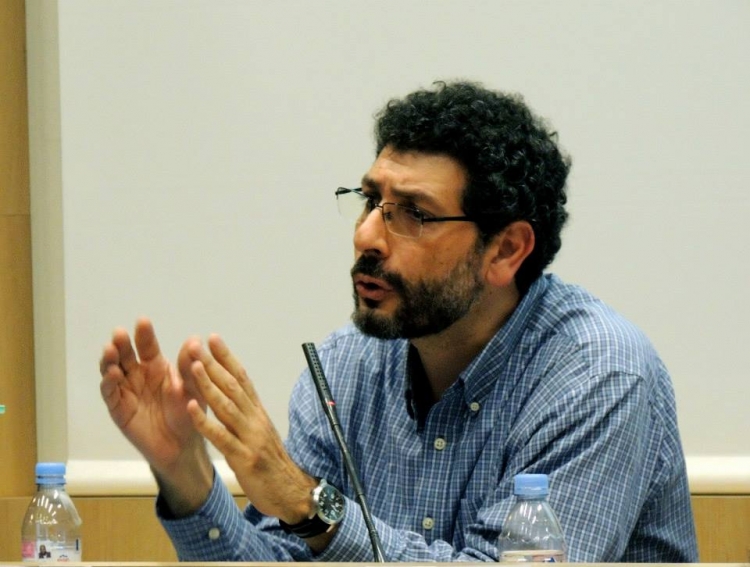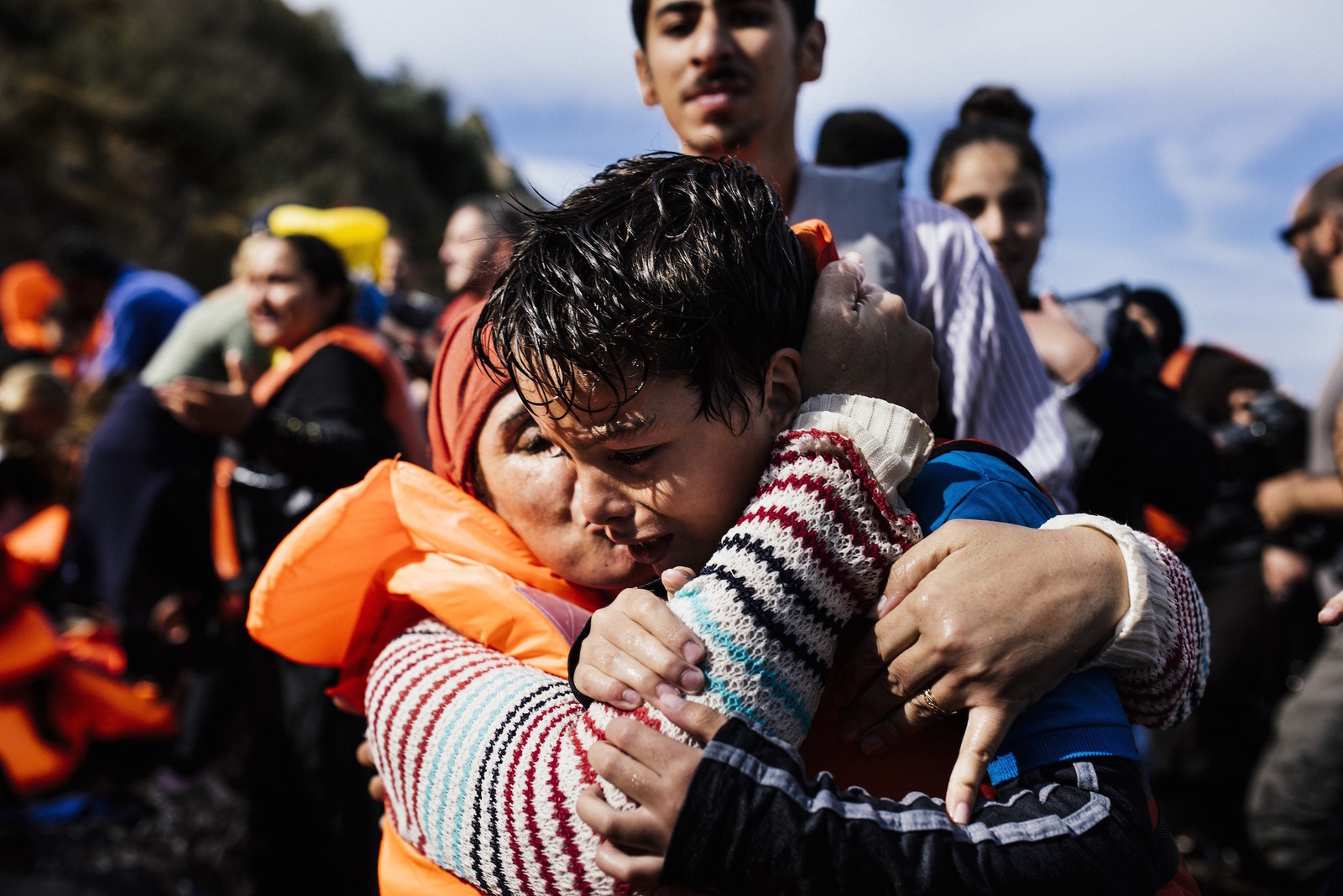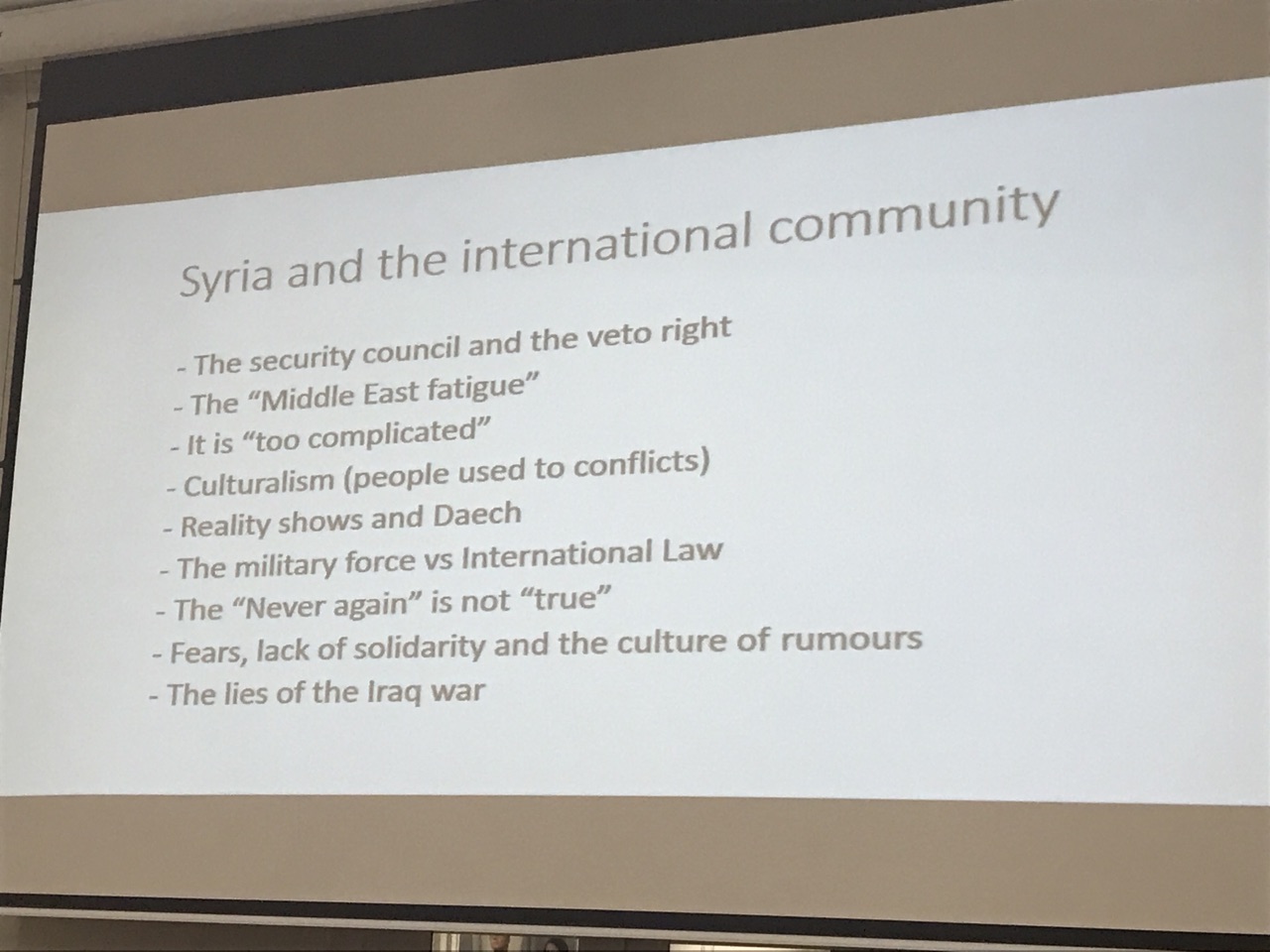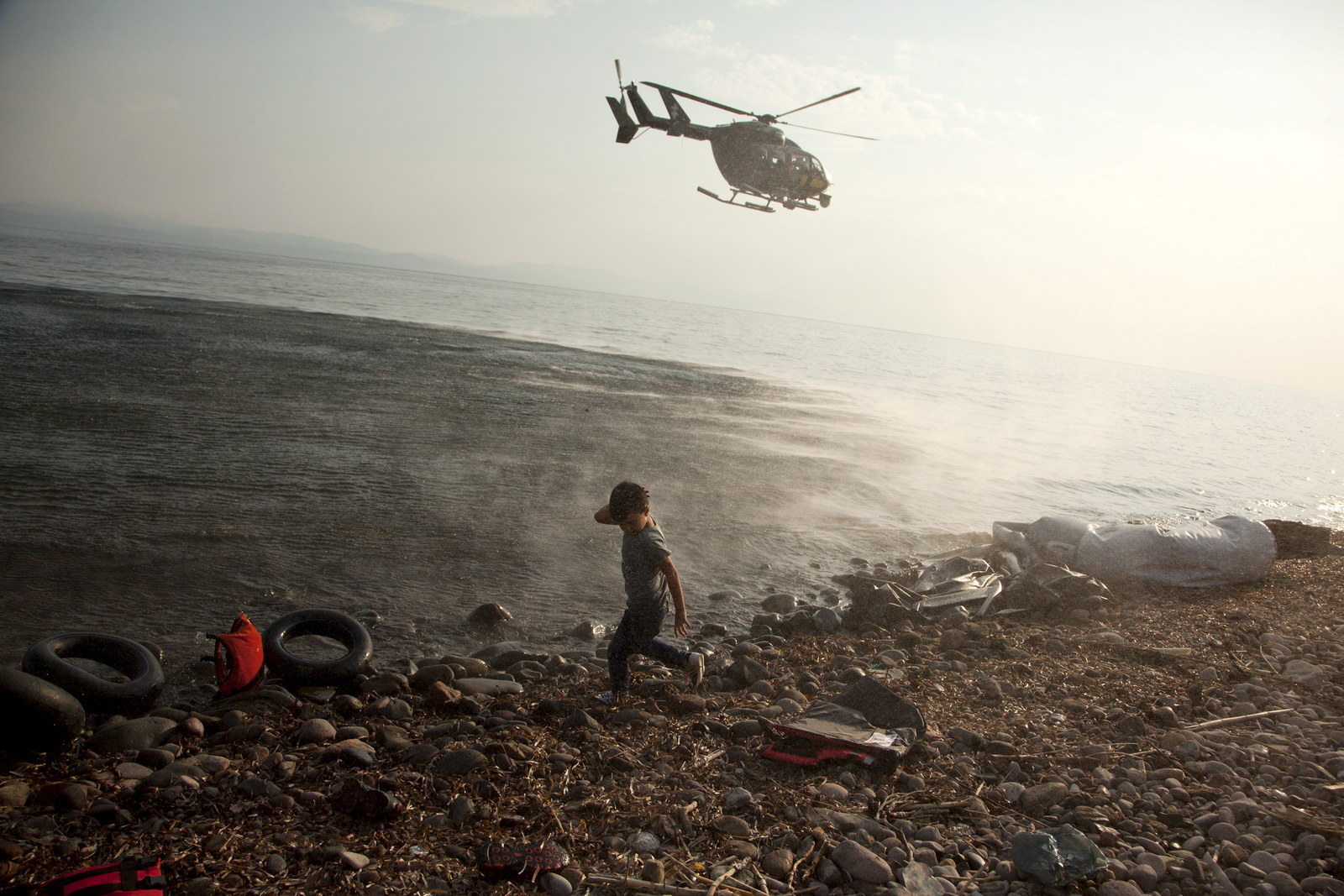AUP Presents: "Syria and the World"

On Thursday January 26, 2017 the American University of Paris' Professor Ziad Majed gave a riveting lecture entitled "Syria and the World." The lecture was hosted by the History Department, in which Professor Majed teaches courses on Middle Eastern studies. Professor Majed has been involved in research and reform campaigns related to political processes and civil society causes in Lebanon and other Arab countries since 1994. Professor Majed also writes weekly and monthly editorials in Arabic and French, and is currently working on a publication on constitutional democracy.
Professor Majed delivered a powerful lecture. He spoke with conviction and relayed information in a concise manner. He began by outlining five founding moments of the Syrian conflict, with dates ranging from the 1915 McMahon-Hussein correspondence to the Arab revolution of 2010/2011. He referred to Islam as a "political project" as well as a religion by means of constructing society and providing structure. With the framework of the past one hundred years in place Professor Majed brought the historical struggle of the Syrian people in today's context.
Image Credit: Dimitar Dilkoff / AFP / Getty ImagesThe images of terrorists that flood out TV screens today are misguided and misleading; not to mention completely inaccurate, inhumane, and inherently racist. Professor Majed carefully addressed the notions of terror as defined by Western media today. He pointed out that the idea of "us vs. them" is exactly what Daesh wants. The nationalistic opposition to Muslim-majority countries and Arabs around the world as enacted by Westerners amplifies a rift between the Western world and the Arab world. Majed explained that Daesh uses this conflict and these ideals to craft their radicalization process. In the eyes of young people living in Syria under conditions of violence and oppression, the ideals advertised by Daesh seem like a welcome change. Daesh's process begins with one simple message: "the world has been unfair to us." Constant Islamaphobic remarks and regimes on behalf of Western nations such as the United States, especially under the current 'Muslim Ban,' strengthen Daesh's 'slogan.' Majed elaborated on the conflicts in Syria; "the horrific violence, wide-spreading poverty, and lack of education in Syria make a perfect cocktail for Daesh to capitalize on the vulnerability of young Syrian men and push them towards radicalization."
Image Credit: Katie Angel"The horrific violence, wide-spreading poverty, and lack of education in Syria make a perfect cocktail for Daesh to capitalize on the vulnerability of young Syrian men and push them towards radicalization"
Professor Majed explained that Syria has experienced the worst humanitarian disaster since World War II, additionally "[the] reconstruction period of Syria will be a difficult process." He discussed various factors stemming from the relationship between Syria and the international community. One of the most prominent is the "Middle East fatigue." The constant stream of news from Syria leads to a plateau of interest and engagement contributes among the Western public, which makes it difficult to find a solution. In response to the common Western opinion that Syria is too complicated, Professor Majed replied, "every culture is complicated."
Image Credit: Stringer/ Reuters"Every culture is complicated"Professor Majed concluded with the message that there is hope; hope to find a solution; hope to establish political structure; hope for the Syrian people. But, the world must maintain this hope in order for it to become tangible. In the words of Professor Majed, "It's much easier to find a solution in places that are exporting refugees than to build a wall."
Note: A Facebook Live video stream of Professor Majed's lecture is available on the American University of Paris FaceBook page.










